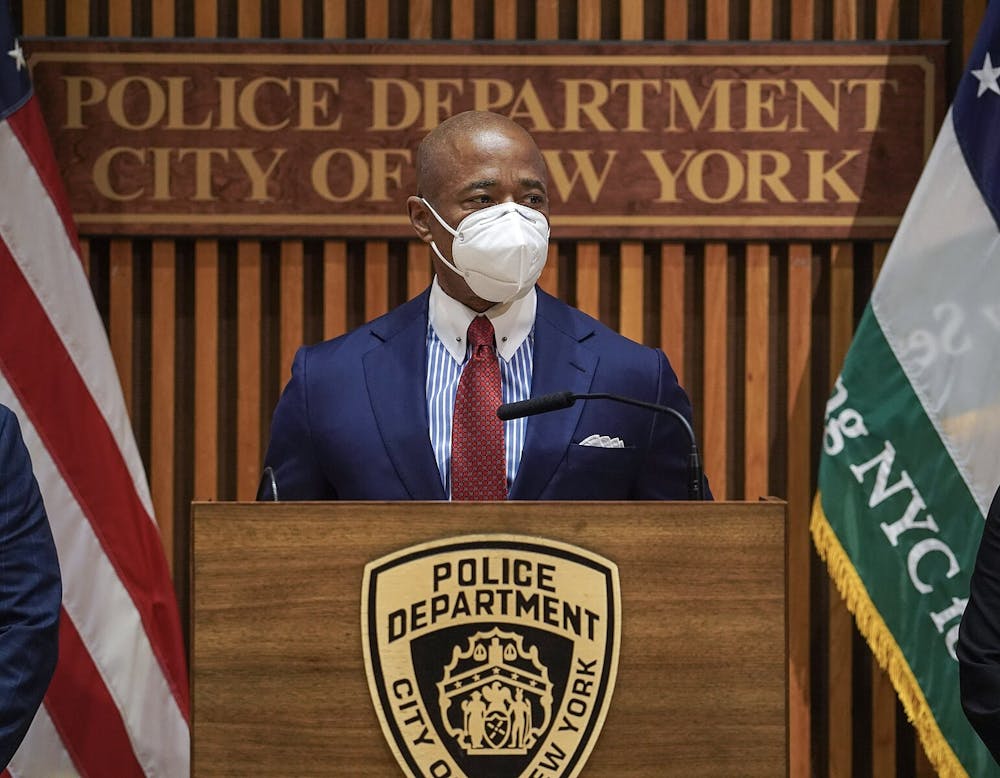By Aliyah Siddiqui
Nation and World Editor
In a recent back-and-forth between New York City Council and the city’s Mayor Eric Adams, the NYC Council voted to override Adams’ veto on two criminal justice bills. According to ABC7, the decision passed in a 42-9 majority, a greater approval than when the bills were initially passed.
The first bill under debate was the How Many Stops Act, which was created to increase transparency in police encounters, specifically for investigative stops. According to NBC New York, the act would require the NYPD to log all investigative interactions, including noting the race, ethnicity, gender and age of the people stopped; the reason for the encounter; whether the person was stopped based on observations, a police dispatch or another reason; whether a summons or arrest were issued and whether any force was involved. While police are already required to document some interactions with the public, the bill would mandate that police record other types of encounters, such as questioning a potential suspect.
Proponents of the bill believe that the act would document discriminatory or previously unreported stops by the police and argue that the law would not increase the workload of police, a key reason why Adams vetoed the bill.
“It is the baseline level of transparency to know where stops are happening and basic information — why they’ve been approached by an officer,” said Michael Sisitzky from the NY Civil Liberties Union. “NYPD officers have department-issued smartphones where they do reports already just by clicking drop-down menus between deployments.”
The second bill in question would ban solitary confinement. Although police in New York use the term “restrictive housing” instead of solitary confinement, the intent is the same: under restrictive housing, inmates can spend only seven hours per day outside of their cell. The new bill now specifically defines solitary confinement and mandates that people in custody are required to have a minimum of 14 hours per day outside of their cell in a congregate setting unless the confinement is used to de-escalate situations or for “emergency lock-ins.” In these instances, confinement is limited to four hours.
According to ABC, Adams, a former police officer, vetoed the bill in order to keep both inmates and correctional officers safe, stating that if the bill were passed, “the Department of Correction would no longer be able to protect people in custody, or the union workers charged with their safety, from violent individuals.”
The City Council, however, had a different take on the bill. After passing the law, City Council Speaker Adrienne Adams stated that banning solitary confinement would limit the harm done to incarcerated individuals and benefit New York overall.
“The physical and psychological harm caused by solitary confinement leads to increased death and violence in jails, endangering those incarcerated, as well as correction officers and staff," Adams said. “When formerly incarcerated New Yorkers eventually return to their communities, the lasting trauma of solitary confinement follows them home, and affects us all as neighbors and members of a shared community.”
According to CBS, the laws will go into effect in July with the first report being due in September.







